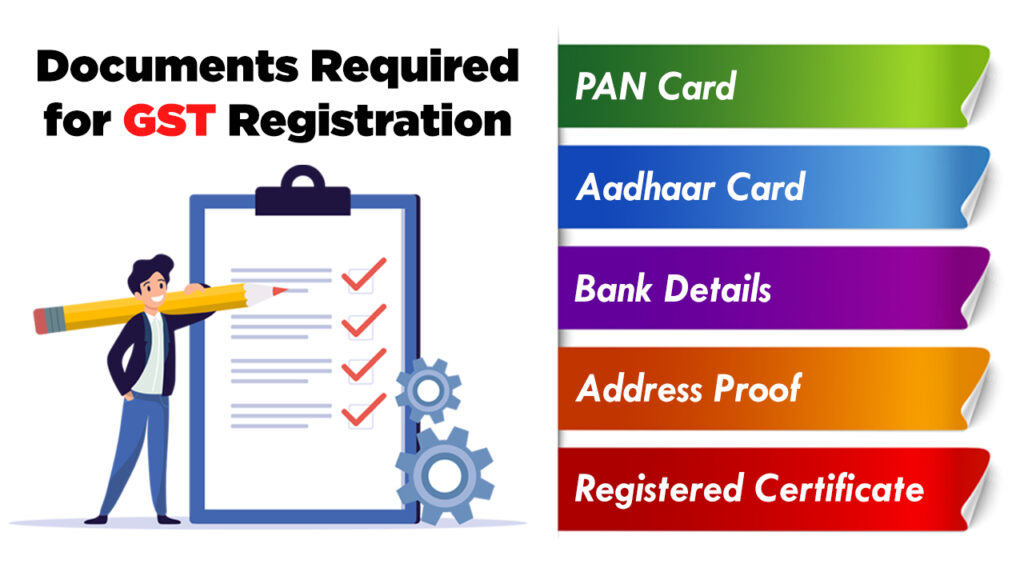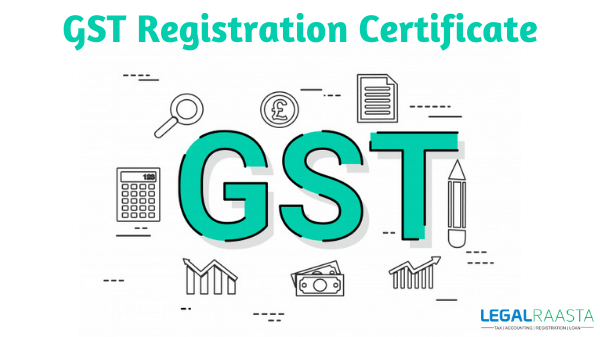Top Tips for a Smooth Singapore GST Registration Experience
Top Tips for a Smooth Singapore GST Registration Experience
Blog Article
The Ultimate Guide to Simplifying the GST Enrollment Refine and Requirements for Small Business Owners

Comprehending GST Essentials
To realize the principles of the Goods and Solutions Tax (GST) system, little service owners must first understand its underlying implications and principles. Under the GST program, companies are required to gather and sign up tax on part of the federal government, guaranteeing transparency and conformity.
Among the vital principles of GST is input tax obligation credit, which permits companies to claim credit report for tax obligations paid on their purchases. This device protects against the cascading result of tax obligations and promotes performance in the tax system. In addition, GST is a destination-based tax obligation, suggesting that the tax is imposed at the point of usage instead than the point of origin. This makes sure reasonable circulation of tax obligation revenue amongst states based on where the services or items are consumed. Recognizing these basic principles is critical for small service owners to navigate the intricacies of the GST system and guarantee compliance with the legislation.
Qualification Requirements for Enrollment
Having actually developed a foundational understanding of GST concepts, small company owners have to currently satisfy specific eligibility standards to continue with the registration procedure. In India, entities took part in the supply of goods or solutions with an annual aggregate turnover going beyond Rs. 40 lakhs (Rs. 10 lakhs for special category states) are required to sign up for GST. Furthermore, specific businesses such as those associated with inter-state supply of products, casual taxable individuals, and those needed to pay tax under the reverse charge system must sign up for GST irrespective of their turn over. In addition, businesses that were registered under the previous tax routine (BARREL, solution tax obligation, and so on) are additionally mandated to register under GST. Farming businesses that only provide create out of primary production are excluded from GST registration. It is crucial for entrepreneur to very carefully assess their eligibility based on these criteria to ensure conformity with the legislation and avoid any kind of charges for non-compliance.
Files Needed for GST Registration

Simplified Enrollment Refine Steps
Following the collection and confirmation of the requisite records, the registration process for GST can be browsed through a collection of simplified actions created to help with efficient conformity for tiny organization proprietors. The initial step includes visiting the GST website and choosing the 'New Registration' choice. Consequently, the candidate needs to load in Part A of the GST REG-01 kind with details such as PAN, mobile number, and email address to get an OTP for confirmation. Once the OTP is obtained and gotten in, a Momentary Recommendation Number Homepage (TRN) is produced for additional process. The following step calls for submitting Component B of the kind with essential organization information, submitting sustaining records, and finishing the verification process using DSC or EVC. Upon successful confirmation, an Application Reference Number (ARN) is released, showing the conclusion of the GST registration process. By adhering to these streamlined actions, small company proprietors can efficiently register for GST and make sure compliance with tax regulations.
Tips for Ensuring Conformity
To maintain governing adherence and functional honesty, thorough oversight and aggressive procedures are pivotal in guaranteeing conformity with GST requirements for tiny organization owners. Tiny business proprietors need to remain upgraded with GST regulations, submitting target dates, and any changes in tax rates to avoid charges and maintain a good standing with tax obligation authorities. Participating in GST understanding workshops or training programs can boost understanding and conformity with GST policies, eventually profiting the company in the long run.
Final Thought
Finally, small company owners should understand the essentials of GST, satisfy the qualification standards, collect essential files, and follow the streamlined registration procedure actions to make sure conformity. By streamlining the GST registration process and needs, local business owners can avoid fines and operate their organizations smoothly within the legal framework - Singapore GST Registration. It is important for local business proprietors to remain compliant and informed with GST policies to maintain a successful company procedure
Small organization owners seeking GST enrollment need to guarantee they collect and send the necessary documents to finish the registration procedure successfully. The records needed for GST enrollment commonly consist of evidence of business enrollment or unification, FRYING PAN (Irreversible Account blog Number) card of the service entity, identification and address proof of the promoters/partners/directors, photographs, address proof of the area of company, financial institution account statements or terminated cheques, and permission types. Participating in GST understanding workshops or training programs can boost understanding and conformity with GST regulations, eventually benefiting the service in the lengthy run.
By streamlining the GST enrollment procedure and requirements, little service proprietors can avoid charges and run their businesses efficiently within the lawful structure. It is critical for tiny organization owners to remain enlightened and certified with GST regulations to keep a successful organization operation.
Report this page